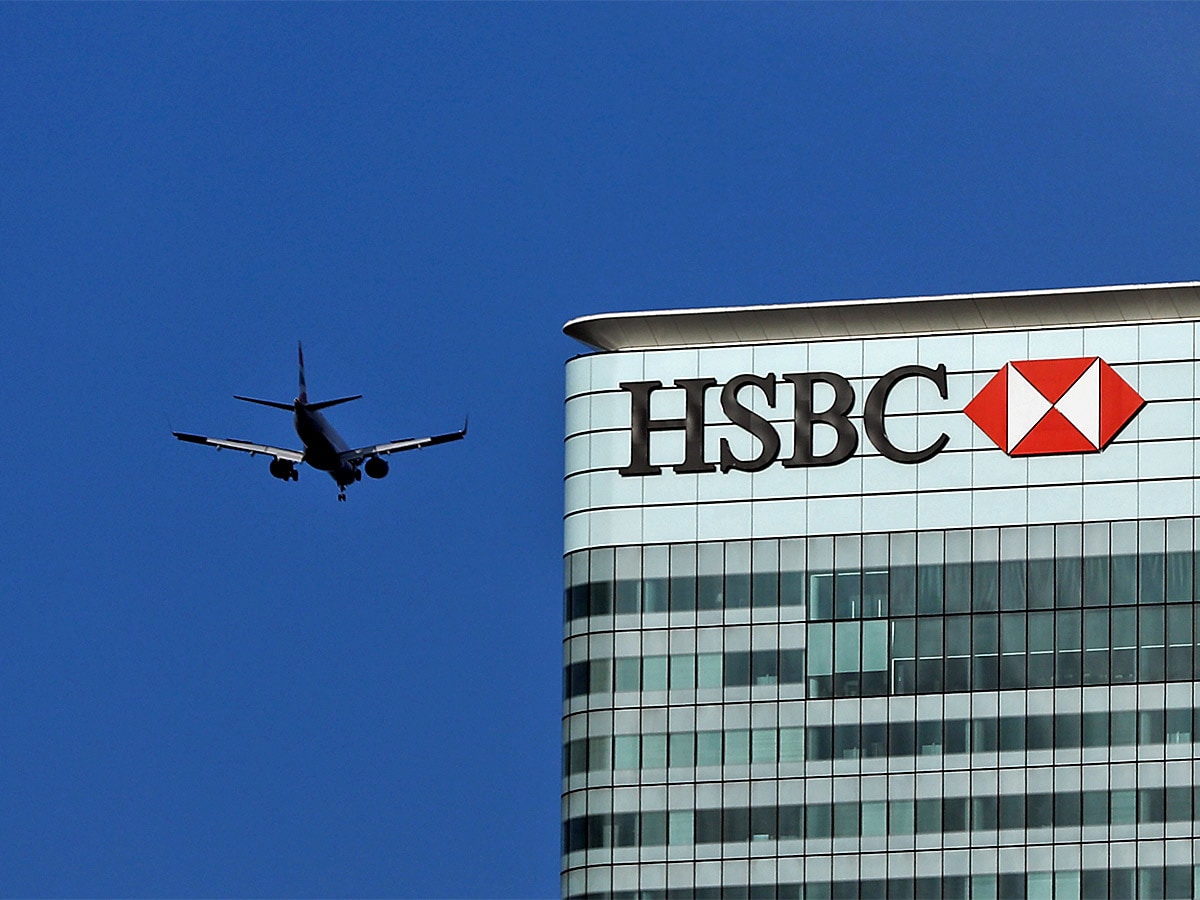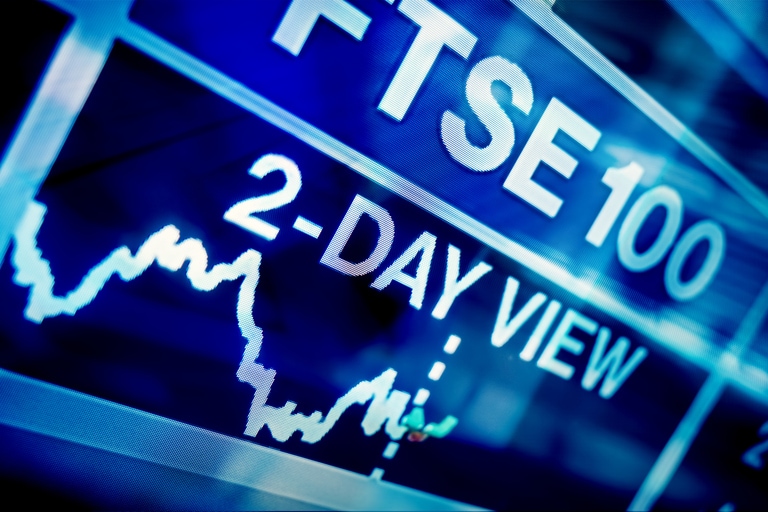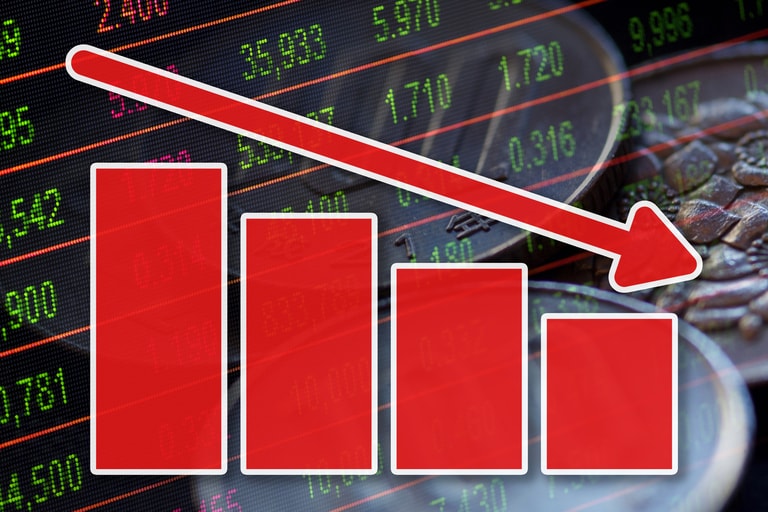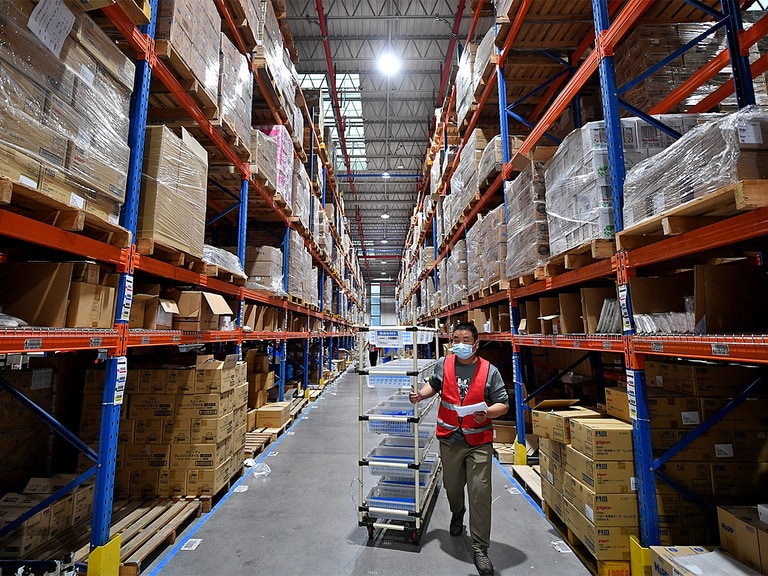After the worst session for US stocks in over a month and a similarly negative open for markets in Europe yesterday, today's European session has got off to a slightly rocky start after starting in positive territory.
Despite the better start it's difficult to escape the feeling that investors are undergoing much higher levels of apprehension about how events over the next few days and weeks are likely to play out, with respect to the prospect of tighter restrictions and new lockdowns.
The penny appears to have finally dropped that US politicians have little intention of putting together any form of consensus stimulus plan, with the events of recent weeks being nothing more than optics for US voters. Furthermore, in the absence of a blue wave sweep, next week the likelihood of any sort of stimulus plan, even in the event of a Biden win, appears to be looking increasingly unlikely in the short to medium-term. For a start, any sort of plan wouldn’t be able to come in until after the pPresidential swearing in ceremony in the middle of January, which means the US economy may well only have the Federal Reserve to rely on during the winter months, while US lawmakers play partisan politics.
While the prospect of a delay to new US stimulus measures is spooking investors in the US, events in Europe aren’t looking particularly rosy either, with events in France, Spain and Italy suggesting that the virus is starting to run out of control again, as infection rates accelerate exponentially, and hospital admission rates start to rise sharply. This has raised the prospect that governments might even consider going down the full lockdown route again, a move that would be economically ruinous even if further fiscal help was available, which at the moment it clearly is not.
Whether politicians are prepared to acknowledge it or not, the reality is dawning that there are no longer any good solutions when it comes to the next steps, only varying degrees of difficult ones. It is clear the virus isn’t going away, and it is also becoming clear that further lockdowns would exact a ruinous price on populations that are becoming increasingly worn down by the fragmented and sometimes incoherent government policy responses.
It’s also a busy day for company earnings reports, starting with HSBC being the latest bank to announce its Q3 numbers. Having taken large impairments in respect of non-performing loans in both Q1 and Q2, both US and UK banks went big in terms of setting aside huge amounts to offset the potential for an economic shock, as well as a possible second wave. In the latest set of results it has been notable that the banks have slowed the pace a little to take a pause.
HSBC's results have continued in that vein, with the bank setting aside a modest $785m in respect of non-performing loans, below expectations of $2bn, but on top of the $6.9bn, it set aside in H1 In the first half of the year the bank expressed caution over the economic outlook as well Covid-19, however this quarter it appears the bank is more optimistic, revising their expectation for credit losses, for the year down to between $8bn and $13bn.
On profits the bank beat expectations with pre-tax profits of $4.3bn, above expectations of $2.8bn, while revenues also came in better at $12.07bn. The bank even went as far as saying that they might consider paying a dividend if circumstances allow at the end of Q4, though the Bank of England could have other ideas about that. This is certainly good news all round and the outperformance has no doubt been helped by the improvement in recent Chinese economic data, where the Chinese economy appears to be firing back to life.
The bank is already in the midst of a significant cost-cutting plan with 4,000 jobs cut in the first half alone. While today’s Q3 numbers are better than expected, they aren’t likely to prevent further pressure to speed up this cost-cutting plan, with the bank planning to offload at least another 31,000 positions. The bank also pointed to ongoing tensions between China and the US on future risks to its outlook, but overall, these numbers should see the HSBC share price continue to move away from those 25-year lows that we saw earlier this year.
Spanish bank Santander’s latest numbers also painted a similar picture, rebounding from the kitchen sink job the management did in H1 when they wrote down the value of the UK business by €6bn and took an €11bn loss. Today’s numbers saw the bank set aside another €2.54bn, slightly below expectations, but also notable for the fact that they appear to be one of the few European banks who are gearing up for huge loan losses in the coming months due to the pandemic. The bank has set aside a total of €9.56bn in respect of bad loans so far year to date, while the rest of the big banks in the European banking sector appear to have set aside less than €20bn between them.
This suggests astonishing complacency if a recent report by McKinsey and Co in August, of up to 2,200 SMEs, is in any way accurate. According to them one in five companies in Italy and France anticipate filing for bankruptcy within six months, a situation which could well be catastrophic for the region. Net profits came in at €1.75bn on revenues of €11.09bn, with the bank continuing to cut costs, announcing another 3,000 job losses in Spain. Profits for the year are expected to come in at €5bn, with the bank saying it expects to continue cutting €1bn of costs over the next two years.
BP’s latest Q3 figures showed a return to adjusted net profit of $86m, which is certainly an improvement on the $6.7bn replacement cost loss posted in Q2 and means the company has managed to avoid the first quarterly back to back loss in more than a decade, but it can’t disguise the challenges facing the industry. Net debt levels have come down from $40.9bn at the end of Q2 to $40.4bn as proceeds from divestments help bring this number down, and is expected to fall further towards the longer-term target of $35bn. BP said it remains on target to meet its capex budget this year at $12bn, and expects 2021 capex to come in at the lower end of the $13bn to $15bn range.
It’s not only airlines that have suffered as a result of the pandemic, the hotel sector has also taken a hit. Premier Inn owner Whitbread’s expectations for this year went up in smoke as the pandemic blew a huge hole in its expectations for this year, with all but 39 of its hotels in the UK remaining closed, with the assumption that they would have fairly low occupancy until September. Today’s H1 update saw a loss of £724.7m which includes a £339.9m impairment charge related to goodwill in Germany, which helps explain the need for the recent £1bn rights issue. Revenues for the half year were down 76.9% year on year, coming in at £250.8m.
While the summer months have seen a pick up, the slowdown in bookings and the upcoming end of furlough saw company management warn that 6,000 jobs could go last month, which would be 18% of the workforce, if the crisis continues to hit demand for its rooms, which as winter approaches looks increasingly likely as vast swathes of England go into various states of lockdown. Demand for rooms was strong in seaside and holiday destinations as consumers took advantage of staycations, with 80% occupancy rates, however city centre demand has continued to remain weak. Overall occupancy rates averaged 51% in August, while restaurant performance was boosted by “eat out to help out” which helped boost total sales to 38.5% below last year’s levels.
In Germany, there was also positive news with the hotels there reopening on 11 May, with the company looking to expand their footprint further. Today’s update showed that Premier Inn performed well in Q3 compared to its peers, giving itself some breathing space, as it looks at the prospect of a weaker Q4 as the tightening of lockdown restrictions impact both its city centre and regional outlets.
UK airline easyJet has also taken steps to bolster its balance sheet further as the storm clouds of further restrictions and lockdowns loom large over its future booking capacity. The airline this morning confirmed that it had raised £305.7m on the sale and leaseback of nine of its aircraft to two leasing companies, as it looks to boost its liquidity position heading into the winter months.
US markets look set for a modest rebound after yesterday’s big falls with preliminary durable goods numbers for September, and consumer confidence numbers for October the main economic data items of the session.
The consumer confidence numbers are likely to be particularly noteworthy after a big surge in September from 86.30 in August to 101.80. This was particularly unexpected given concerns over the loss of the $600 a week Cares Act unemployment payment at the end of July. Expectations are for the rebound to be sustained however given events in Washington DC and next week's election, there is a risk we could slip back again.
On the earnings front we’ll be getting the latest Q3 numbers from Caterpillar, as well as from the pharmaceutical sector including Merck, Pfizer and Eli Lilly. Defence contractor Raytheon will also be reporting its Q3 results, as will Harley Davidson.
CMC Markets erbjuder sin tjänst som ”execution only”. Detta material (antingen uttryckt eller inte) är endast för allmän information och tar inte hänsyn till dina personliga omständigheter eller mål. Ingenting i detta material är (eller bör anses vara) finansiella, investeringar eller andra råd som beroende bör läggas på. Inget yttrande i materialet utgör en rekommendation från CMC Markets eller författaren om en viss investering, säkerhet, transaktion eller investeringsstrategi. Detta innehåll har inte skapats i enlighet med de regler som finns för oberoende investeringsrådgivning. Även om vi inte uttryckligen hindras från att handla innan vi har tillhandhållit detta innehåll försöker vi inte dra nytta av det innan det sprids.






